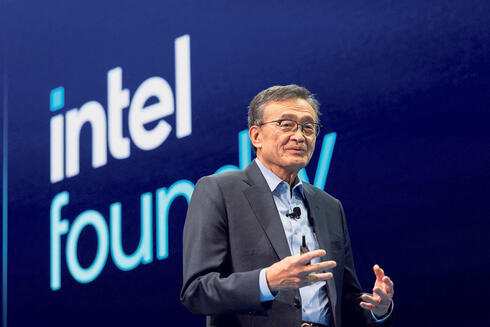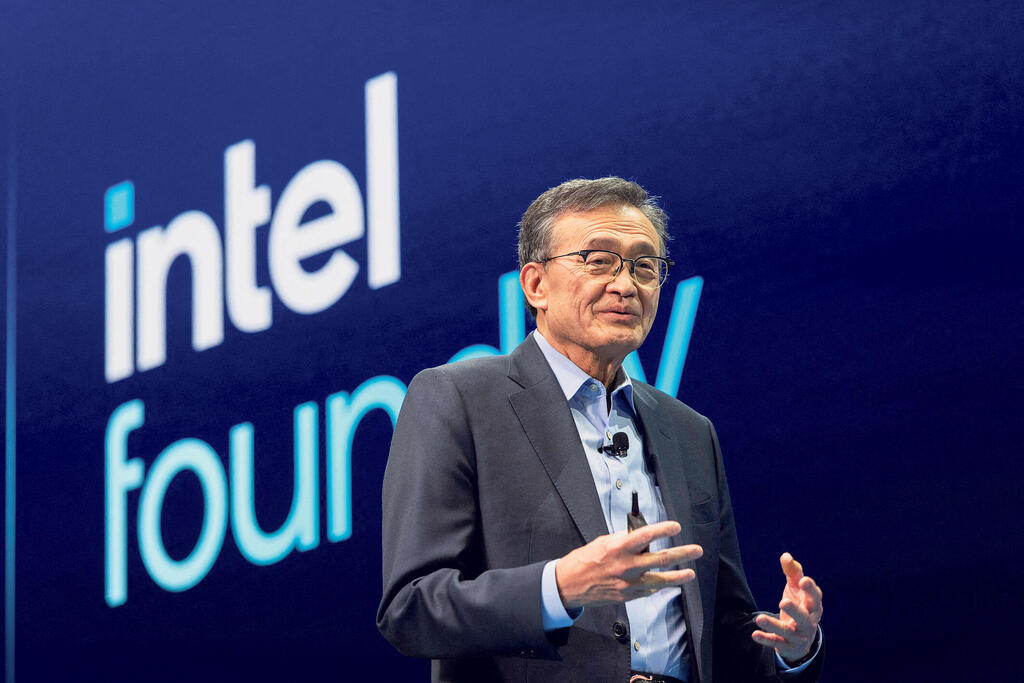
Intel’s global overhaul: What the memo didn’t say
While Intel Israel has faced layoffs like other global units, its absence from CEO Lip-Bu Tan’s sweeping restructuring memo suggests it may be spared deeper cuts, and signals quiet confidence in the unit’s strategic value.
When a global CEO delivers a sweeping corporate restructuring memo, announcing layoffs, site consolidations, and project cancellations across multiple continents, every geography waits to see whether it’s on the list. In the case of Intel CEO Lip-Bu Tan’s latest memo to employees following its Q2 2025 earnings report, the spotlight is shining not just on who was mentioned, but perhaps more intriguingly, on who wasn’t.
Intel Israel was conspicuously absent from Tan’s 1,000-word memo outlining strategic changes that include abandoning planned projects in Germany and Poland, consolidating Costa Rica operations into Vietnam and Malaysia, and slowing construction in the U.S. heartland of Ohio. Yet nowhere in this memo, otherwise exhaustive in scope, was there a single reference to Israel.
This omission may be the most affirming signal of Intel Israel’s enduring strategic value.
When a company announces plans to reduce global headcount by 15% and halve the number of management layers, it is fundamentally redrawing its internal map. Sites mentioned in this kind of restructuring often find themselves subject to deep scrutiny, re-evaluation, or retreat.
This matters more than usual, given the broader context. Intel is under intense pressure to correct past overinvestments, particularly in its foundry business, where it "invested too much, too soon – without adequate demand," according to Tan. His memo repeatedly references the need for “judicious and disciplined” capital allocation going forward, with projects canceled or delayed unless backed by confirmed customer commitments.
And yet, only part of that reevaluation seems to extend to Intel’s Israeli operations, a likely sign that, unlike some other regions, it is not seen as an overextension, but rather as a critical contributor to Intel’s revised, more disciplined future.
It’s tempting to interpret the absence of news as a neutral signal. But in the current tech and geopolitical climate, where companies are nervously rebalancing amid wars, inflation, AI disruptions, and supply chain resets, neutrality itself becomes an implicit endorsement.
Israel, currently navigating the impacts of a prolonged regional conflict and domestic political turbulence, is not the most risk-free geography. For a company so aggressively pruning its global commitments, continuing to operate in Israel without a mention implies a strong internal confidence in the resilience and output of its operations in the country.
It’s important to acknowledge what the memo doesn’t tell us. There are no guarantees. Future communications may yet include Israel in further optimization efforts. But for now, in a company-wide overhaul where attention equals reassessment, Intel Israel’s omission may well be the quietest vote of confidence, and the loudest good news, it could have received.














